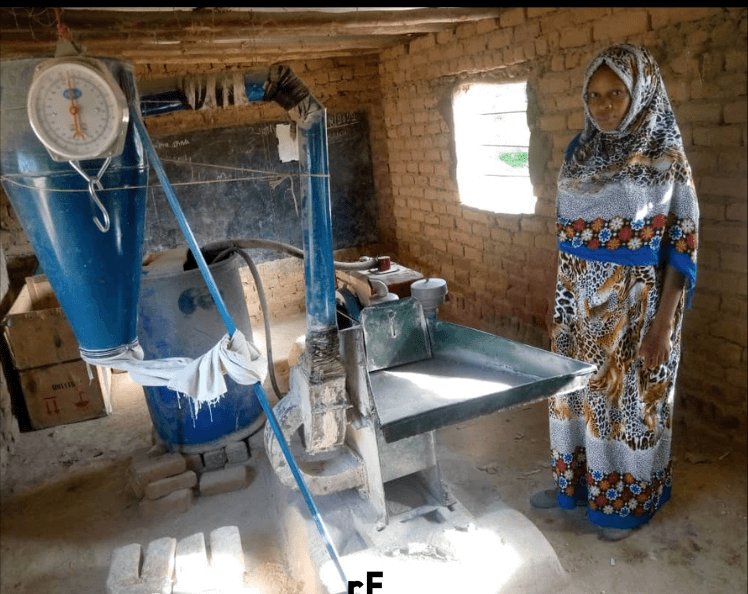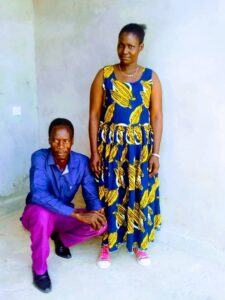The doors a business can open
Furaha Kengela

When Lucy Pius Mwiru decided to go to Oman as a housemaid, the goal was to eventually become economically stable and serve others, but things didn’t go as planned. The wages weren’t as much as she had been promised, and the job was traumatizing. “I was severely abused; constantly beaten and scolded while I worked,” she reveals. Lucy couldn’t take it any longer, so she opted to return home, wait, and seek God’s will for her life. She was at the point of total surrender.
Lucy continued trusting God for a way out of her misery, and direction on how she could be a blessing to others. “It was an answer to prayer when I received an invitation to a mission seminar,” she recalls. The opportunity to go for mission training was announced at the seminar. Only one slot was available, and it required a Christian who was passionate about missions and was from the Warangi tribe. The chances of her being chosen were very slim because she was not from the church that was hosting the seminar, but God knew her enthusiasm and desire to learn and do mission work, and she was chosen. “After graduating from the East Africa School of Mission in Dar es Salaam, my call was to work as an open missionary among the Alagwa tribe found in the Kondoa District in the Dodoma region of central Tanzania.”
In the village where Lucy went to serve, there was a great demand among farmers for maize milling machines. She knew that starting a milling business would meet this need and open doors for her to easily build relationships and interact with the Alagwa quickly, and so she did. Providing this service made it easier for her to share the Good News of Christ with many different people on a daily basis. It also facilitated constant follow-ups. The business provides not only her daily needs but supports the livelihoods of others in her village.
Julius and Roswita Malongo found that fish farming, raising chickens, and gardening paved the way for Julius and his wife to do mission work among the Wandengereko and Wangindo tribes found in the Mkuranga district within the Pwani region of Tanzania.

Julius and Roswita Malongo
To begin, they socialized with the people by participating in different community activities and ceremonies without revealing they were missionaries. Julius shares, “Taking such baby steps established a mutual foundation. We decided to teach farming skills to help them overcome the economic challenges they were constantly facing.” He organized groups of people and arranged seminars to equip them with entrepreneurial knowledge. Julius and his wife wanted to empower them to start their own businesses and dispel any speculations about having a money-making agenda. Doing ministry through farming fostered a good reputation and trust among the tribes. This had not always been the case though. Things started changing after Julius attended mission training and returned with a whole new perspective on mission work.
In addition to the business initiative, they now mobilize new believers to reach out to others. In 2018, they opened a church called, “A Visitors Church.” Julius teaches about missions, and offers training in entrepreneurship. “My goal had always been to reach Muslims but this was a challenge for me,” he says. Today, Julius has found favour among the Wandengereko, Wangindo, and Wamwera people. The few young men he has trained for mission work now meet every Saturday to discuss business and mobilization work in neighbouring villages.
The people have realized different economic opportunities in the area and have recovered financially on many levels. The business provides for Julius and Roswita’s daily needs, and they are currently planning a new beekeeping project.“The people know me as a pastor and a farmer. We have been a blessing to one another through this ministry, and we seek to do more to win many others into God’s Kingdom,” he concludes.
 here
here